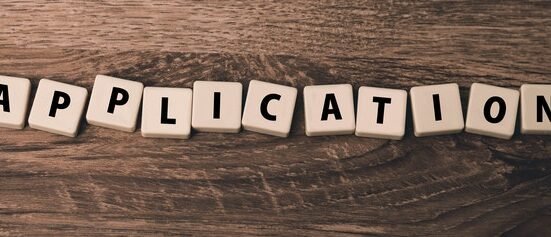Nothing stays forever! Not even your job! No matter how great it is. The paycheque that you receive now each month is soon going to end but your expenses will continue. Have you thought about how are you going to go with that time of your life? Well, yes, most of you have some kind of pension planning in your mind. The pension planning refers to retirement insurance that you opt for which provides you monthly income even when you are not doing a certain job. For most of you, it is a part of your salary and by default, that premium is cut from the paycheque. But for others, you have to carefully pick a retirement plan that helps you later. And if you are one of those, here are some tips to keep in mind while planning it.
- Start very early — If you think you are going to plan for your retirement after 10 years of doing a job, then you are commuting a big mistake. If you really want to enjoy the great benefits of your retirement plans after you quit your job, it is important that you start very early. By early we mean maybe the next month you join a company for the job or within six months. This will result in substantial savings in the long run and regular deposits to your bank account, even after retirement.
- Think about the amount you’ll require for your future — The next thing to keep in mind while planning your retirement is fixing upon the amount that you will require for your future. When you do so, keep in mind the inflation level that will happen in the country and increasing expenses later. Accordingly, pick a plan that lets you work a little more at present, but of course, the future will be fantastic because of it.
- Don’t ignore the taxes — The retirement capital must be valuable both in pre-tax and post-tax terms. If you frequently rebalance your retirement portfolio, there will be tax consequences. Dividend plans are not tax-efficient, so debt funds should focus on creating SWPs and growth plans instead. When contrasting equity and debt funds on a post-tax footing, keep in mind that equity funds do not benefit from indexation on LTCG while debt funds do.
- Decide between lump sum amount or periodic annuities— Most probably, you are going to stop working during your retirement days. So, decide if you want a lump sum amount or periodic annuities to take care of your expenses after you get retire. Some of the life insurance plans have both of them which include the regular monthly payments as well as a lump sum amount that you require in emergencies.
- Don’t carry debt when retired — Since you are planning your retirement, ensure that you are not carrying any amount of debt on your shoulders. It may be any existing loan that you have taken or other personal debts.
- You will still require life insurance after retirement — Even though you are planning for your retirement very carefully, remember that opting for a life insurance plan is an entirely different thing. Your family members will be compensated a specific amount because of this plan in your absence. So, it is an important part of your retirement & pension planning as well.






